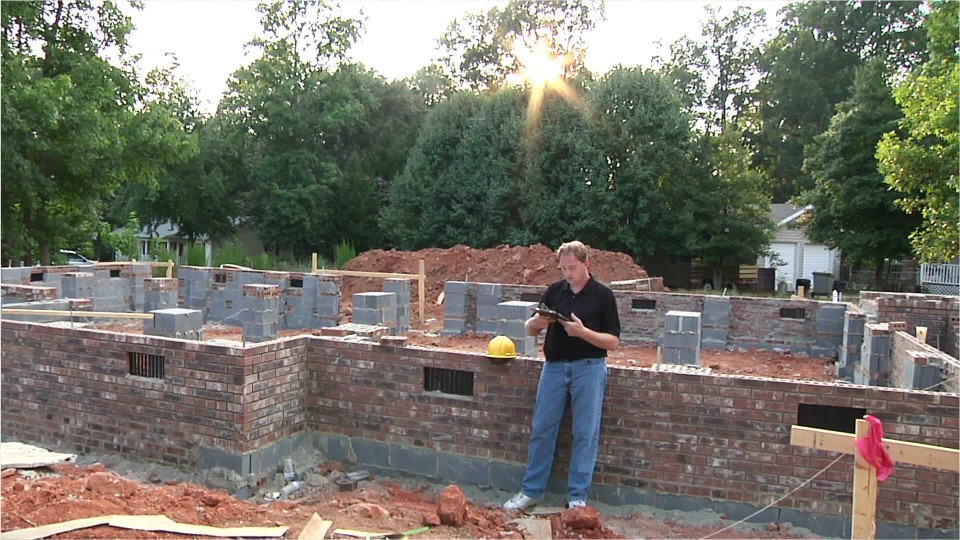Appraisers & Assessors of Real Estate
Appraiser, Assessor, Real Estate Appraiser, Valuation Consultant
 Select a military branch to see samples.
No similar titles were found.
No similar titles were found.
No similar titles were found.
No similar titles were found.
Select a military branch to see samples.
No similar titles were found.
No similar titles were found.
No similar titles were found.
No similar titles were found.
Facilities Design Officer
No similar titles were found.
What they do:
Appraise real estate, exclusively, and estimate its fair value. May assess taxes in accordance with prescribed schedules.
On the job, you would:
- Compute final estimation of property values, taking into account such factors as depreciation, replacement costs, value comparisons of similar properties, and income potential.
- Prepare written reports that estimate property values, outline methods by which the estimations were made, and meet appraisal standards.
- Inspect new construction and major improvements to existing structures to determine values.
Knowledge
Arts and Humanities
- English language
Business
- customer service
- administrative services
Engineering and Technology
- computers and electronics
- building and construction
Math and Science
- arithmetic, algebra, geometry, calculus, or statistics
Skills
Basic Skills
- reading work related information
- listening to others, not interrupting, and asking good questions
Problem Solving
- noticing a problem and figuring out the best way to solve it
Abilities
Verbal
- read and understand what is written
- communicate by speaking
Ideas and Logic
- make general rules or come up with answers from lots of detailed information
- use rules to solve problems
Personality
People interested in this work like activities that include data, detail, and regular routines.
They do well at jobs that need:
- Integrity
- Attention to Detail
- Dependability
- Independence
- Analytical Thinking
- Stress Tolerance
Technology
You might use software like this on the job:
Data base user interface and query software
- Microsoft Access
- Yardi software
Video conferencing software
- Google Meet
Analytical or scientific software
- Construction Management Software ProEst
- MicroSolve CAMA
Education
Education: (rated 4 of 5)
Job Outlook
Average
New job opportunities are likely in the future.
Explore More
- Appraisers of Personal & Business Property
- Property, Real Estate, & Community Association Managers
- Real Estate Brokers
- Real Estate Sales Agents
- Tax Examiners & Collectors, & Revenue Agents
You might like a career in one of these industries:
See more details at O*NET OnLine about appraisers and assessors of real estate.





